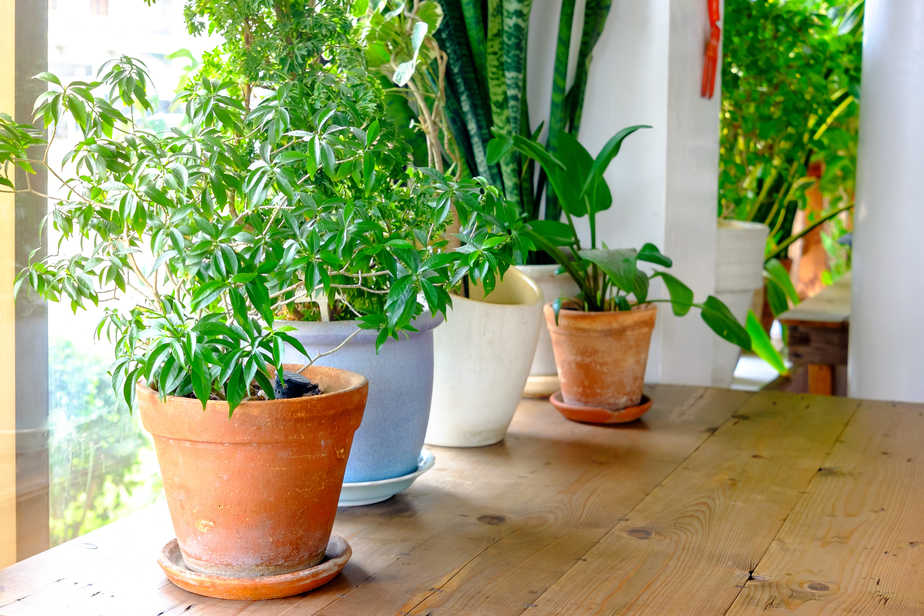
According to WHO, air pollution has become the world’s single biggest environmental health risk for disease and premature death. In 2015, it was linked to one in six deaths globally. The nine million deaths worldwide due to polluted air were three times more than deaths due to HIV, tuberculosis and malaria combined. It was 25 times more than from all wars and all forms of violence. In India alone, there were 2.5 million such deaths.
In Delhi, of course, air pollution becomes a major talking point as winter approaches. A good time to ask Dr Vivek Nangia, Senior Consultant, Infectious Diseases and Director, Pulmonology, Medical Critical Care and Sleep Medicine at Fortis Hospital, Vasant Kunj, about the health implications and what preventive measures we can take to counter this deadly menace.
With the Supreme Court restricting firecrackers to two hours for Diwali, everyone has become aware of the seriousness of the situation in the Capital. But what exactly are the chemicals that float in the air after the fun is over? “Aerosol, black carbon, organics and trace gases,” says Dr Nangia. “These have a number of health impacts such as asthma, bronchitis and respiratory symptoms, including shortness of breath.”
If you hardly notice the air you breathe, his facts will make you sit up and take note. “While we might consume on average 2 kg of food per day and our daily water intake may be 5.7 kg, the amount of air we breathe is 13.9 kg,” Dr Nangia points out. That is why cough and skin allergies are so common in Delhi, Asia’s most polluted capital city. Get some masks from the chemist and use them to protect yourself.
Sadly, staying indoors is not a solution, for indoor air pollutants too damage our health in insidious ways. Particles smaller than 2.5 micrometres (PM2.5) leave plaque deposits in our arteries, causing atherosclerosis, a hardening of the arteries that causes cardiovascular problems. More alarmingly, it also causes a tiny loss in intelligence. Then there is formaldehyde — that colourless, flammable, strong-smelling chemical used in building materials and to produce many household products. This is an irritant and known carcinogen.
Also airborne are pathogens — bacteria, fungi and viruses — which cause cough, cold and even TB. If you have pets, their hair, saliva and urine can cause allergies in human airways. There may also be dust mites. Make sure there is proper ventilation in your home, to prevent buildup of radon and carbon monoxide gas. Use less crackers and candles/diyas this time.
Fortunately, you have some control over your home environment. While not everybody can afford air purifiers in their houses, it is easy to cultivate indoor plants that absorb toxins and convert carbon dioxide to oxygen: the most popular are areca palm (Chrysalidocarpus lutescens), lady palm (Rhapis excelsa), bamboo palm (Chamaedorea seifrizii), rubber plant (Ficus robusta), aloe vera (Aloe barbadensis), spider plant (Chlorohytum comosum), snake plants (Sansevieria trifasciata ‘Laurentii’) and chrysanthemum (Chrysantheium morifolium).
In light of these facts, nobody can be indifferent to the environment in which they live — for without health, what use is wealth? The solutions are all around us: car pooling, using public transport, driving CNG vehicles, planting trees, filling up the house with plants — and visiting the doctor in time to get a grip on your health issues.
Dr Reshma is an advocate of wellness, prevention and holistic health. Instagram handle: dr.reshmakhattarbhagat n
Delhi hosted what organisers describe as the world’s first player auction in golf, launching ‘72…
An elderly woman recalls how her six-year-old granddaughter lay bleeding after a speeding car hit…
Municipal Corporation of Delhi plans a unified policy enabling RWAs to adopt and maintain parks…
A 17-year-old boy allegedly died by suicide after jumping before a moving train at Uttam…
Delhi High Court grants bail to 26-year-old Thar driver accused of mowing down two in…
Two Rohini men arrested for fatally stabbing one person and injuring another during a robbery…